Menu
As part of the 31st RE-SSN Meeting and its Associated Meetings in Kuala Lumpur, Malaysia
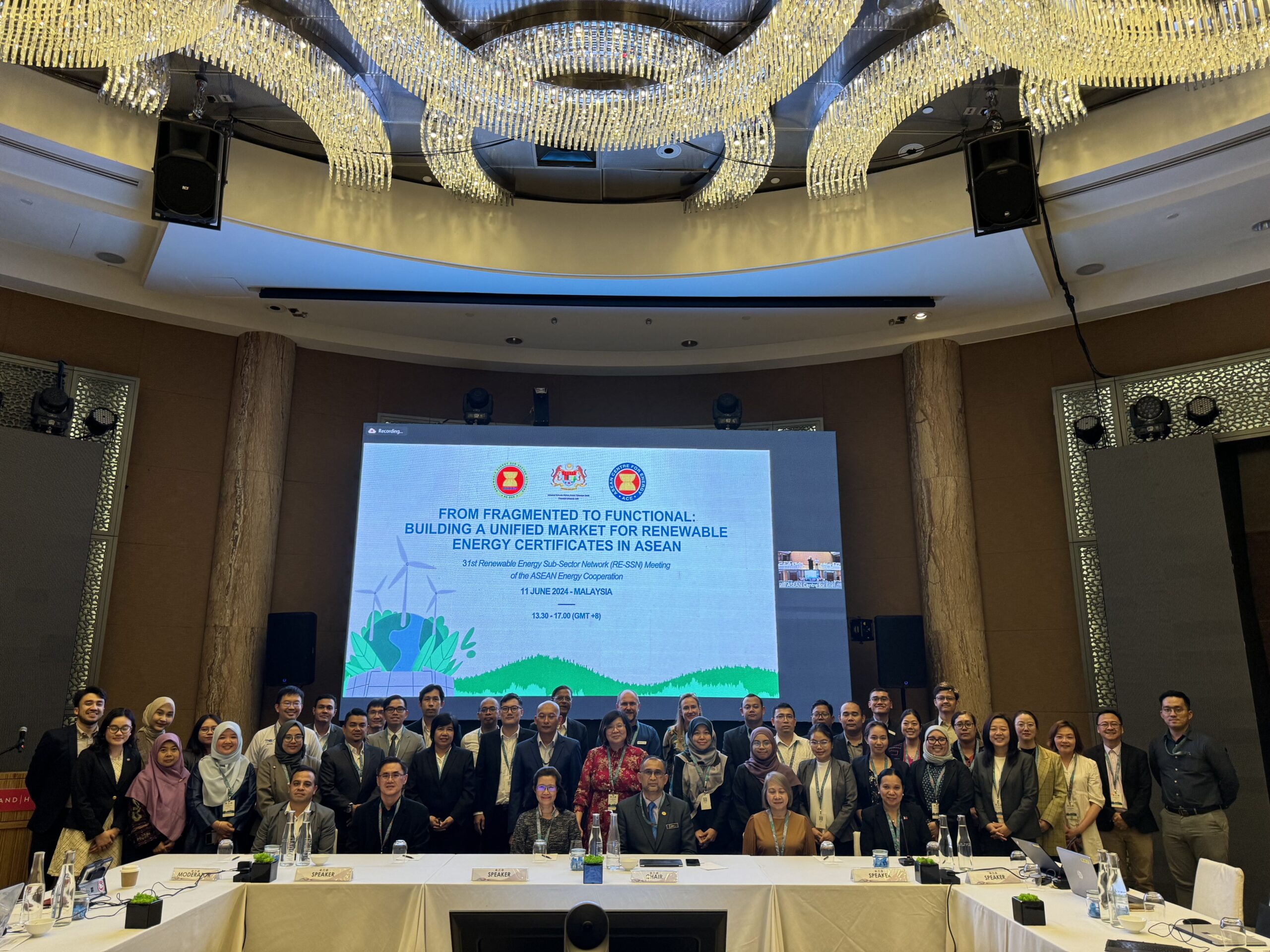
Photo 1. Group Photo of the Workshop’s Participants
The ASEAN Centre for Energy (ACE), hosted by Ministry of Energy Transition and Water Transformation of Malaysia (PETRA), held an event titled “From Fragmented to Functional: Building a Unified Market for Renewable Energy Certificates (REC) in ASEAN.” The event took place at the Grand Hyatt Kuala Lumpur, Malaysia, on 11 June 2024, as part of the 31st Renewable Energy Sub-Sector Network (RE-SSN) and its Associated Meetings. Representatives from eight (8) ASEAN Member States (AMS), along with dialogue partners, international organisations, and power utilities, attended the meeting in person.
The meeting aimed to disseminate findings from the Renewable Energy Certificate System in BIMP-EAGA (Brunei Darussalam–Indonesia–Malaysia–Philippines East ASEAN Growth Area) Countries (RECAP), providing valuable insights into the REC markets in the BIMP region. It facilitated dialogue among government officials and public utilities from different ASEAN member states. It allowed them to share experiences, discuss challenges, and explore potential solutions for developing robust national REC markets. Lastly, the event also encouraged and promoted cross-border REC market discussion.
The event commenced with a warm welcome from Asdirhyme Bin Abdul Rasib, RE-SSN Chair and Undersecretary of Sustainable Energy at Ministry of Energy Transition and Water Transformation, Malaysia. His remarks emphasised the importance of enhancing cross-border electricity trade and national markets among ASEAN Member States (AMS), paving the way for a more sustainable energy landscape in the broader ASEAN region.
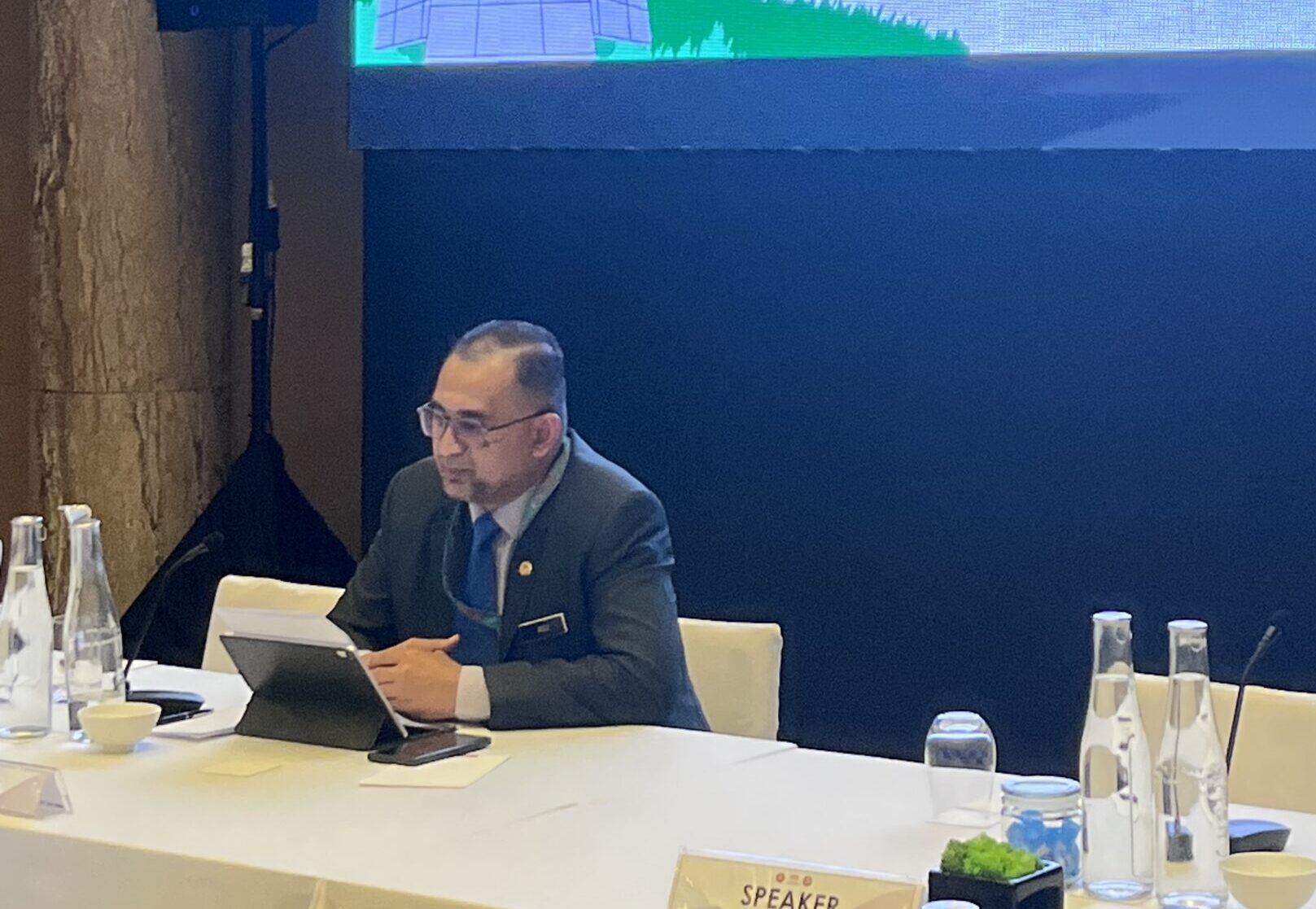
Photo 2. Opening remarks by Asdirhyme Bin Abdul Rasib
The first session, led by the MC, Zahrah Zafira, Associate Research Analyst of Sustainable and Renewable Energy (SRE) Department at ACE, commenced with a Scene Setting Presentation on RECAP Findings. Monika Merdekawati, Senior Research Analyst of SRE at ACE, delivered insights on stakeholders, regulations, and market design for REC in the BIMP/ASEAN region. Her expertise set the stage for further discussions during the event, fostering a deeper understanding of REC dynamics and opportunities within ASEAN.

Photo 3. Presentation by Monika Merdekawati, Senior Research Analyst at ACE, about insights on stakeholders, regulations, and market design for REC in the BIMP/ASEAN region
The following session, moderated by Veronica Ayu Pangestika, Associate Research Analyst of SRE at ACE, began with a presentation from Esther Lew, Principal Assistant Secretary (Renewable Energy), Ministry of Energy Transition and Water Transformation of Malaysia (PETRA). She discussed Malaysia’s updated cross-border electricity scheme and its impact on REC transactions. It was followed with a presentation about Lao PDR’s strategy for REC integration with ASEAN Power Grid electricity trade from Chitpanya Phamisith, Manager of Power System Planning, Electricite du Laos. This session was followed by a discussion among all participants.
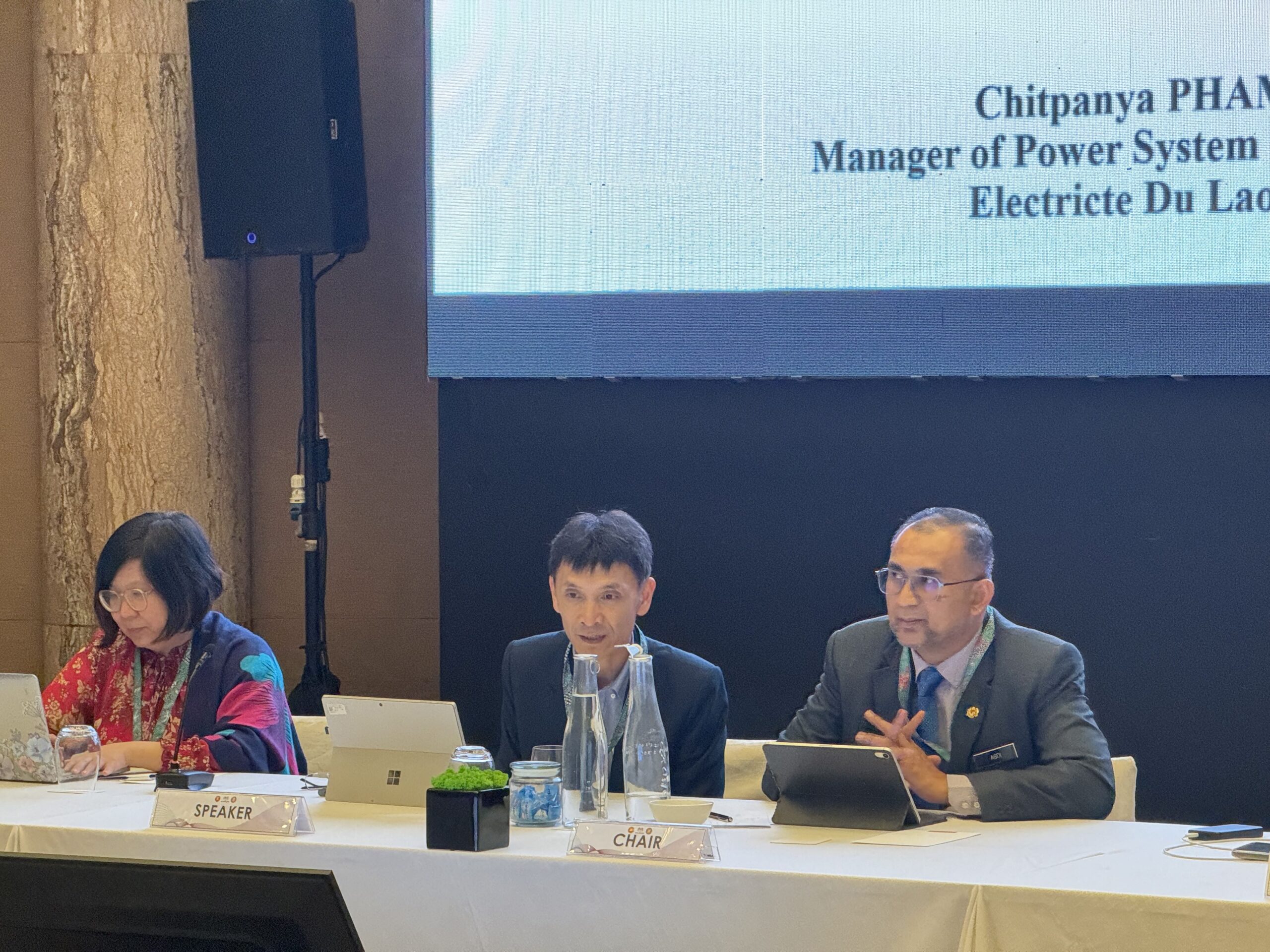
Photo 4. Esther Law and Chitpanya Phamisith delivered presentations on enabling cross-border electricity trade and REC
This discussion focused on insights into Malaysia’s Renewable Energy Certificate (REC) market development. It covers the new scheme, highlighting elements that differentiate it from other ASEAN countries. The discussion also addresses regulations and control procedures to ensure a structured and reliable REC market. Additionally, it explores the establishment of a local issuer and an independent market operator to enhance transparency and accountability in the issuance and trading of RECs, with the example of a case study on RECs market structure in Malaysia.
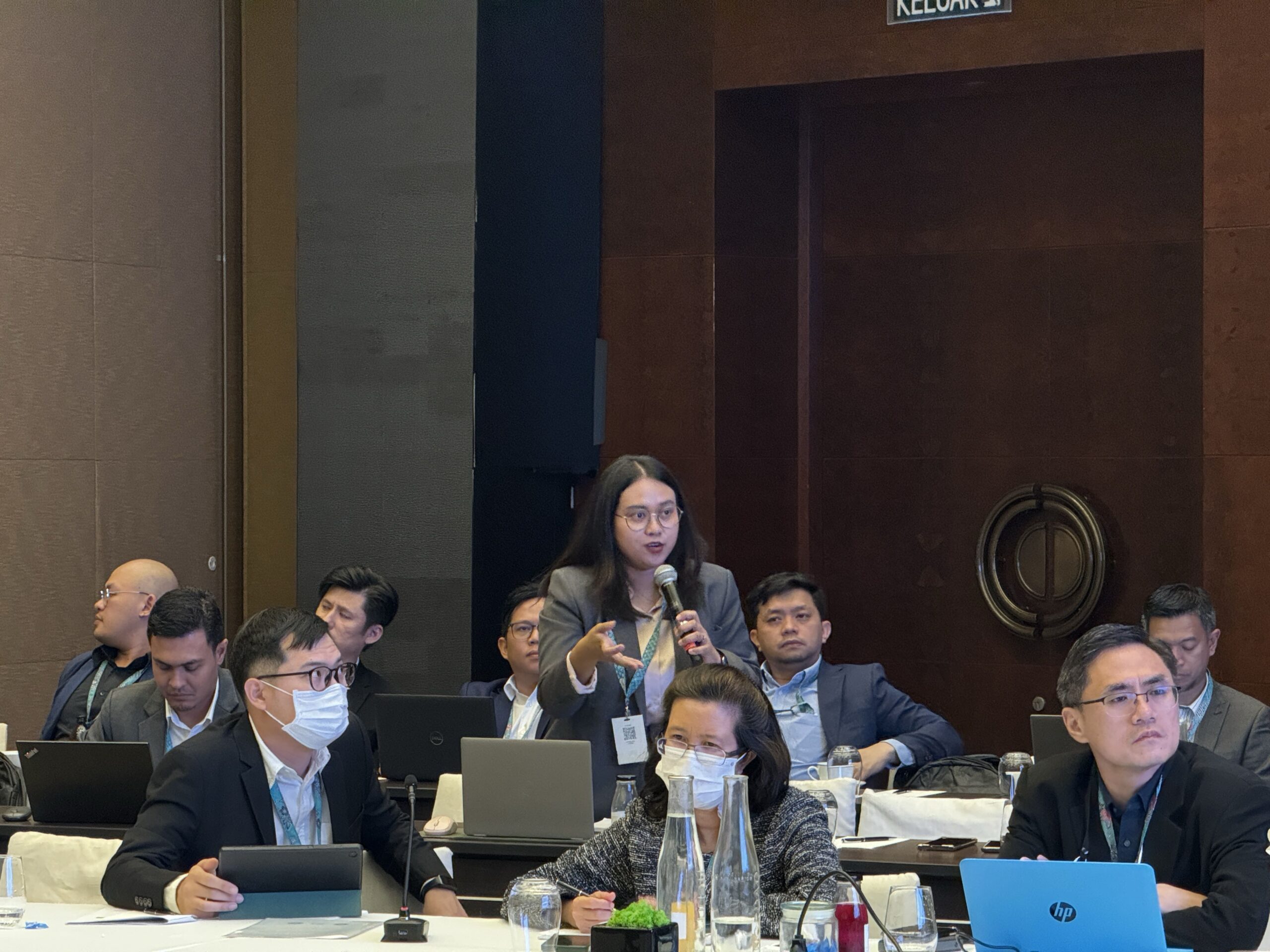
Photo 5. Q&A Discussion of the second session on the development of Malaysia’s Renewable Energy Certificate (REC) market
In the next session, Muhammad Ilham Rizaldi, Research Analyst of SRE at ACE, moderated discussions on national REC frameworks and regional integration in ASEAN. Panit Terdsudthironapoom, Head of Management and Promotion of the Greenhouse Gas Reduction Section at the Project Environment Division of the Electricity Generating Authority of Thailand (EGAT), delivered a presentation about EGAT‘s journey in establishing and evolving Thailand‘s REC market. Then, Liza Pangilinan, OIC-Division Chief at the National Renewable Energy Board Technical Services Management Division, Renewable Energy Management Bureau at Department of Energy (DOE), the Philippines, examined vital elements of the Philippines‘ Renewable Energy Market (REM). Lastly, Ir. Mohd Razif Bin Abd Halim, Managing Director of TNBX Sdn. Bhd discussed the latest developments in Malaysia‘s REC framework. This session was wrapped up in a discussion with all participants.
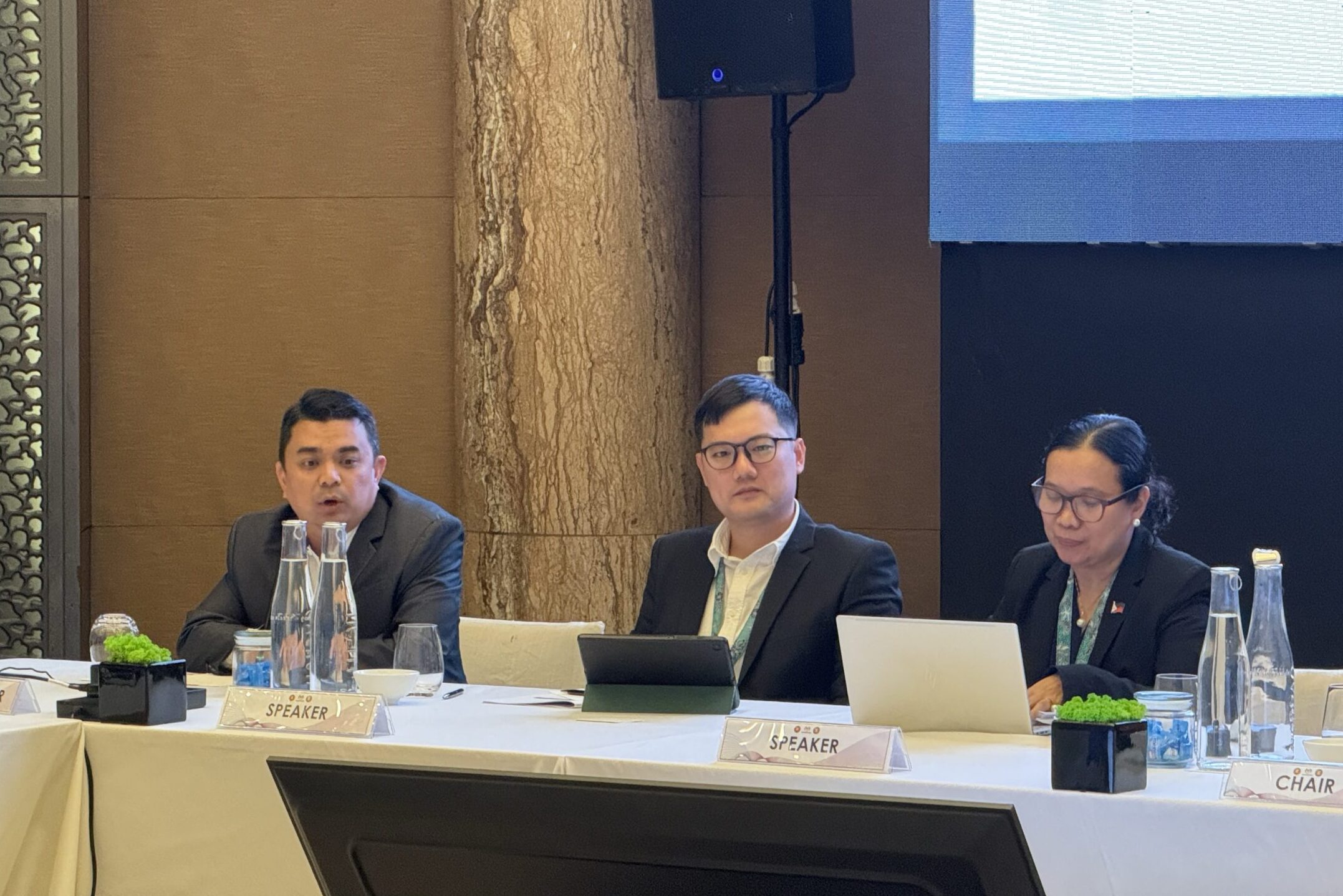
Photo 6. (Left-right) Ir. Mohd Razif Bin Abd Halim, Panit Terdsudthironapoom, and Liza Pangilinan delivered presentations on REC frameworks and regional integration in ASEAN
The discussion was centred on the importance of buyer-side adherence to reporting standards, the process of claiming REC for the current and previous years, and the challenges associated with claiming older RECs. The difficulties in unifying regional REC markets across ASEAN countries were also examined. Moreover, the constraints in appointing a local issuer for REC and the fundamental principles to be considered when separating the local issuer from market participation were also discussed.
At the conclusion of our meeting, Christopher G. Zamora, Senior Head of ASEAN Plan of Action for Energy Cooperation (APAEC) Department at ACE, delivered closing remarks, highlighting the workshop’s role in advancing a cohesive and sustainable energy future for the ASEAN region. The workshop explored the current state of REC markets, national and regional REC market development strategies, and the potential for cross-border electricity trade within ASEAN. Key takeaways included the necessity for robust policy frameworks, regional cooperation, and increased stakeholder engagement to facilitate a unified REC market.
